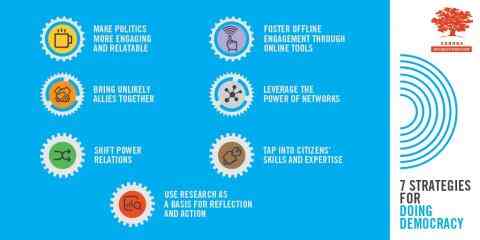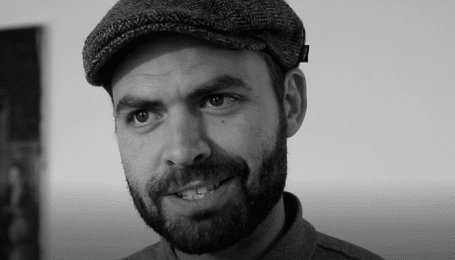The need to find, fund and support transformative solutions for the challenges we are facing has only grown more urgent than ever. This applies to all areas of society, including healthcare, education, the economy and how governments interact with other sectors. When governments engage and collaborate with systemic social entrepreneurs, the full potential of social innovation is unlocked and a healthier, more sustainable and more equitable future for all can be realised.
Reports on Systems Change
Together with other thought leaders, we produce reports on topics related to social entrepreneurship and systems change; such as the recent 'New Allies’ report. Learn from our global ecosystem to gather insights and best practices for systems change.
Ashoka Fellows on Systems Change
As we attempt to demystify what systems change is on a practical level, hear from three of our UK Fellows – Michael Sani, Karen Mattison and Mark Swift – about how they have established their organisations around a systems-change approach and what exactly that looks like within the context of the problem they are solving. Each demonstrates a true understanding that to achieve systems change – to truly fix a system – it is the impact, not the organisation that needs to be scaled. And that means being open to others taking credit and joining in, as long as the desired outcome is achieved.













